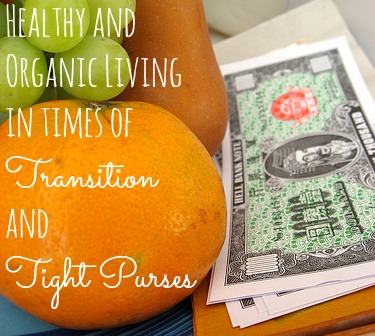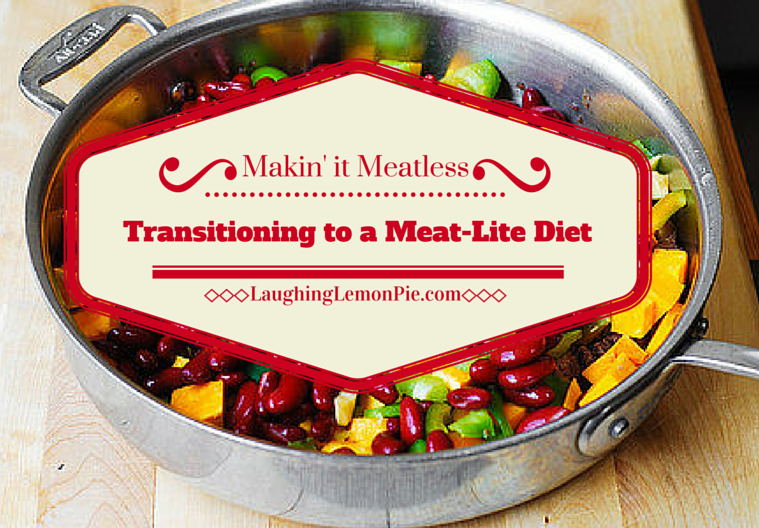by Lauren Raso
I recently relocated to London with my partner, from Melbourne Australia. Along with adjusting to the grey skies and early darkness (4:30pm really?!?), I have also been adjusting to London eating and living!
As a physiologist, nutritionist and wellbeing consultant, organic and healthy eating and living are both my passion and my career.
Back in Australia I had my routine down pat! Sunday morning drive to the local fresh food market. Buy fresh Australian salmon or trout, 1.2kgs of fresh Australian prawns for the week, a tube of fresh squid, some organic macadamias, my organic vegetables and berries for the week. On the way home (and most days) pop in to my local organic/grass-fed/free-range butcher to grab some beef mince, pork belly strips or lamb and eggs.
I knew where to get organic meats and fresh seafood. I knew which day to go to the organic grocer to get the biggest and freshest bunches of chard or coriander. And I knew where to go for a delicious organic brunch, coffee and tea.
Now, my routine is out the window! Lazy Sunday drives to the seafood market are gone! Organic brunch is on hold!I am in the middle of a “relocation budget” and a utilising a “transitional menu!”
London is forcing me to get clever! Smart with my spending and smart with my sourcing!

So as a health conscious person, how can you get smart with your spending and food sourcing?
What are the best ways to manage tricky periods in life and changing budgets; when organic and free-range living is your goal!?!
Here are my best tips to balancing transition, tight budgets and organic living:
- Try to stick to organic or at least free-range poultry and pork. Non-organic and non-free range poultry and pigs experience appalling living conditions and if possible, I truly believe this one concession is worth our attention and extra few pennies or cents.
- Additionally this type of farming creates highly stressed animals, which is imparted into their cells, therefore the meat you eat and is assimilated into your body.
- Non-organic oily fish and shellfish are a great source of protein and omega 3, so enjoy these non-organic sources frequently.
- Whole eggs are a great source of protein and extremely cost effective, non-organic is fine in tight times.
- When eating out at a restaurant and wanting to choose the best non-organic option, start with shellfish or oily fish as your first priority.
- Buy non-organic fruit and veg based on the dirty dozen list. The dirty dozen is a list of the “dirtiest” produce, the produce that absorbs the most toxins from pesticides and fertilisers. If it’s in the table try to buy it organic, if it’s not listed, then enjoy non-organic versions as a staple.
- If you are feeling the purse squeeze on your organic/grass-fed red meat choices, then select lowest-fat non-organic meats (high fat cuts are great if they are grass-fed or organic).
- Eating different cuts is a great way to still enjoy organic or grass-fed meats but at a much lower price point. Try check, neck, mince or liver.
Organic eating and living is a choice for life. When life gets messy, chaotic or tightens on your purse follow these simple tips; and feel assured that you are doing the best you can for you and your family.
Lauren Raso is an expert in nutrition, health and self-nourishment. Click here for instant access to your Free Breakfast Guide, where you will get important tips to lose weight without exercise, improve your energy and beat breakfast boredom!
Photo Credit: miss karen via Compfight cc



